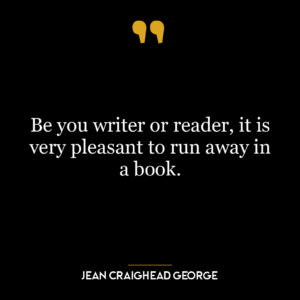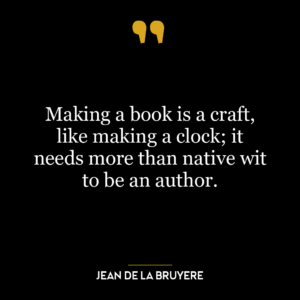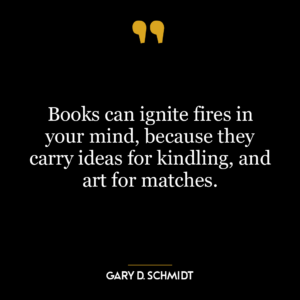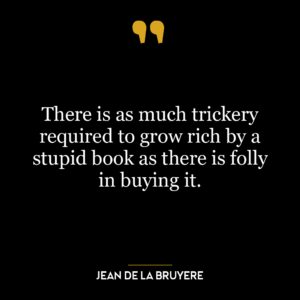This quote is a powerful metaphor that suggests a book should serve as a tool to break through the frozen, unexplored, and perhaps, unacknowledged parts of our inner selves. The “frozen sea within us” represents the unexamined or unrecognized aspects of our consciousness, emotions, and experiences. These could be our fears, dreams, secrets, or potential that we have not yet realized or accepted. The “ax” symbolizes the power of literature to penetrate these icy layers, to stimulate thought, evoke emotions, and provoke introspection.
In essence, Kafka is emphasizing the transformative power of literature. A book should not merely entertain us or pass the time, but should challenge us, shake us, and force us to confront and understand parts of ourselves that may be difficult or even painful. This confrontation can lead to personal growth, self-discovery, and a deeper understanding of our own humanity.
In today’s world, this idea is more relevant than ever. We live in a time of constant distraction and surface-level engagement, where deep reflection is often sacrificed for the sake of convenience and speed. Kafka’s metaphor encourages us to use literature as a means of slowing down, of delving deeper into our own psyches, and of challenging our perceptions and understanding of ourselves and the world around us.
In terms of personal development, this quote suggests that reading should not be a passive activity, but an active one. It should be a process of questioning, analyzing, and reflecting on not only the content of the book, but also on our reactions and responses to it. It’s about using the insights gained from literature to spur personal growth and self-improvement. By doing so, we can begin to ‘melt’ the ‘frozen sea within us’, unlocking our potential and becoming more self-aware and emotionally intelligent individuals.











